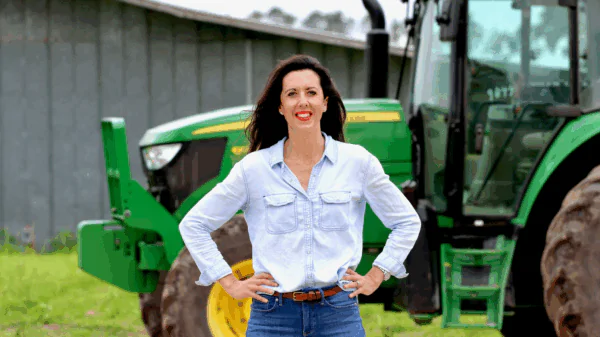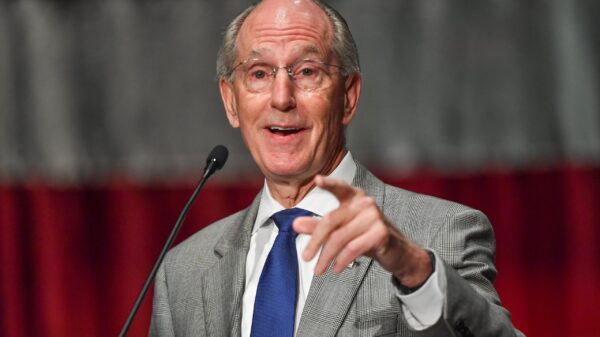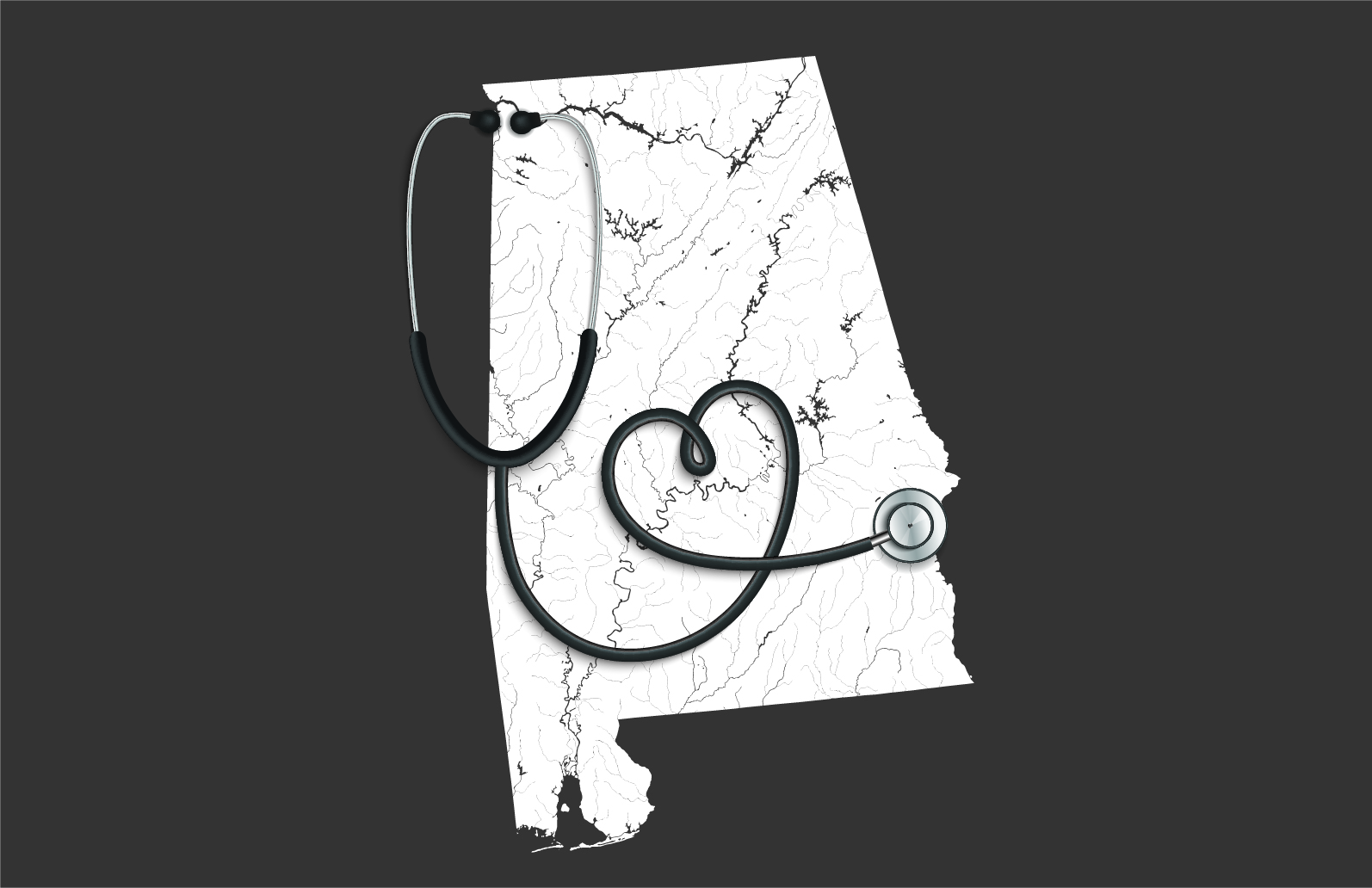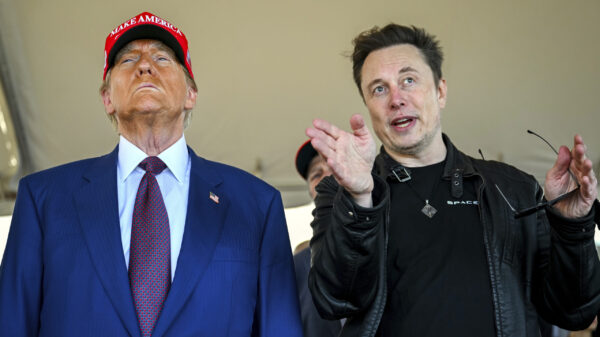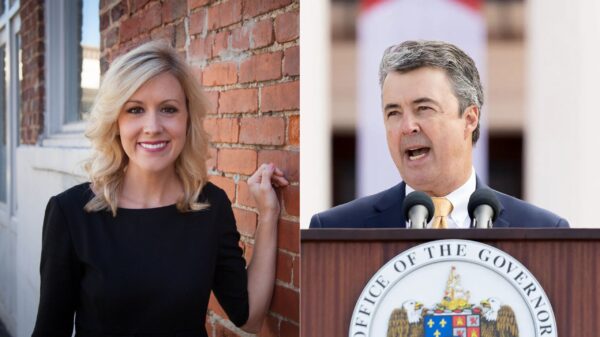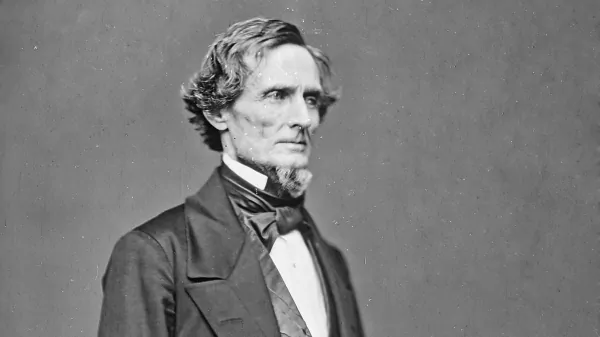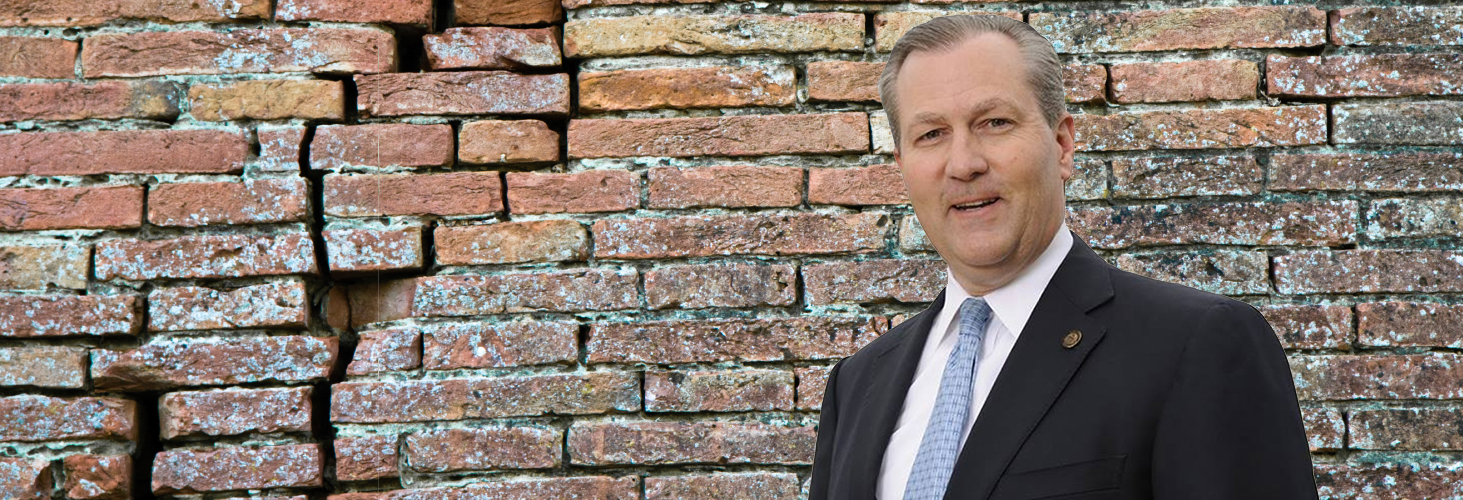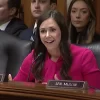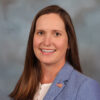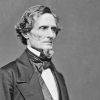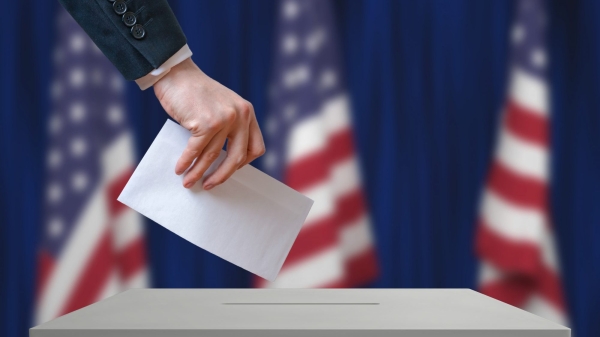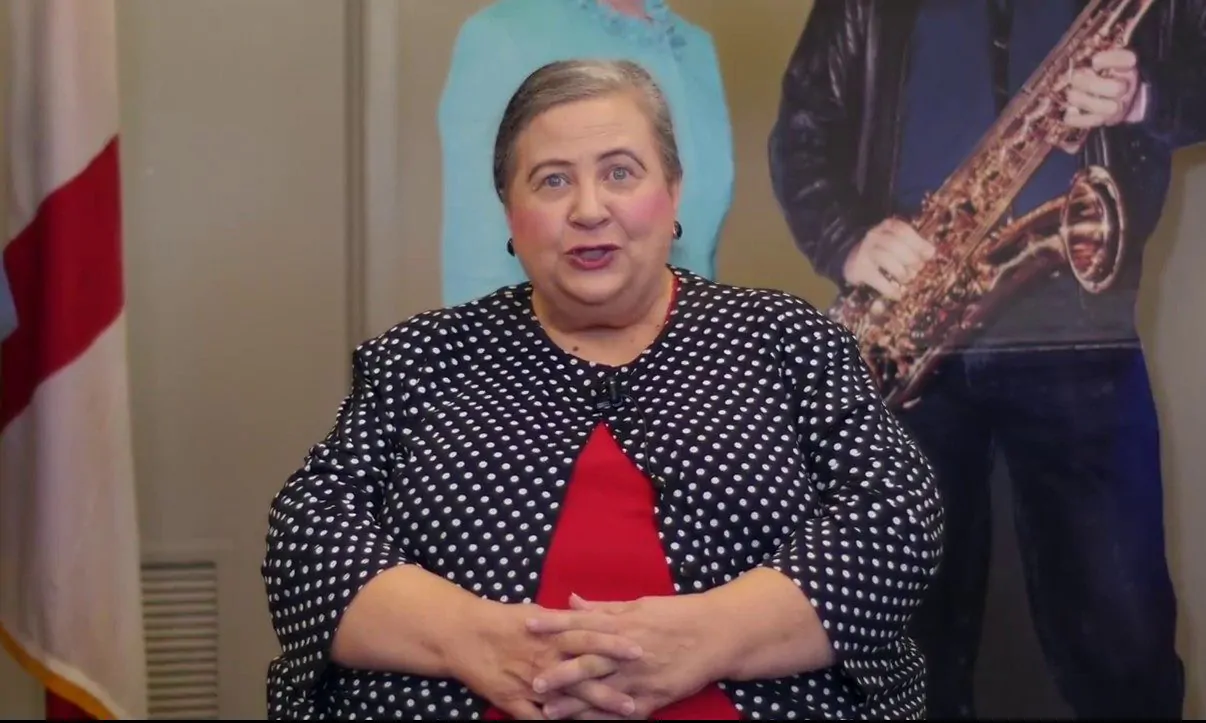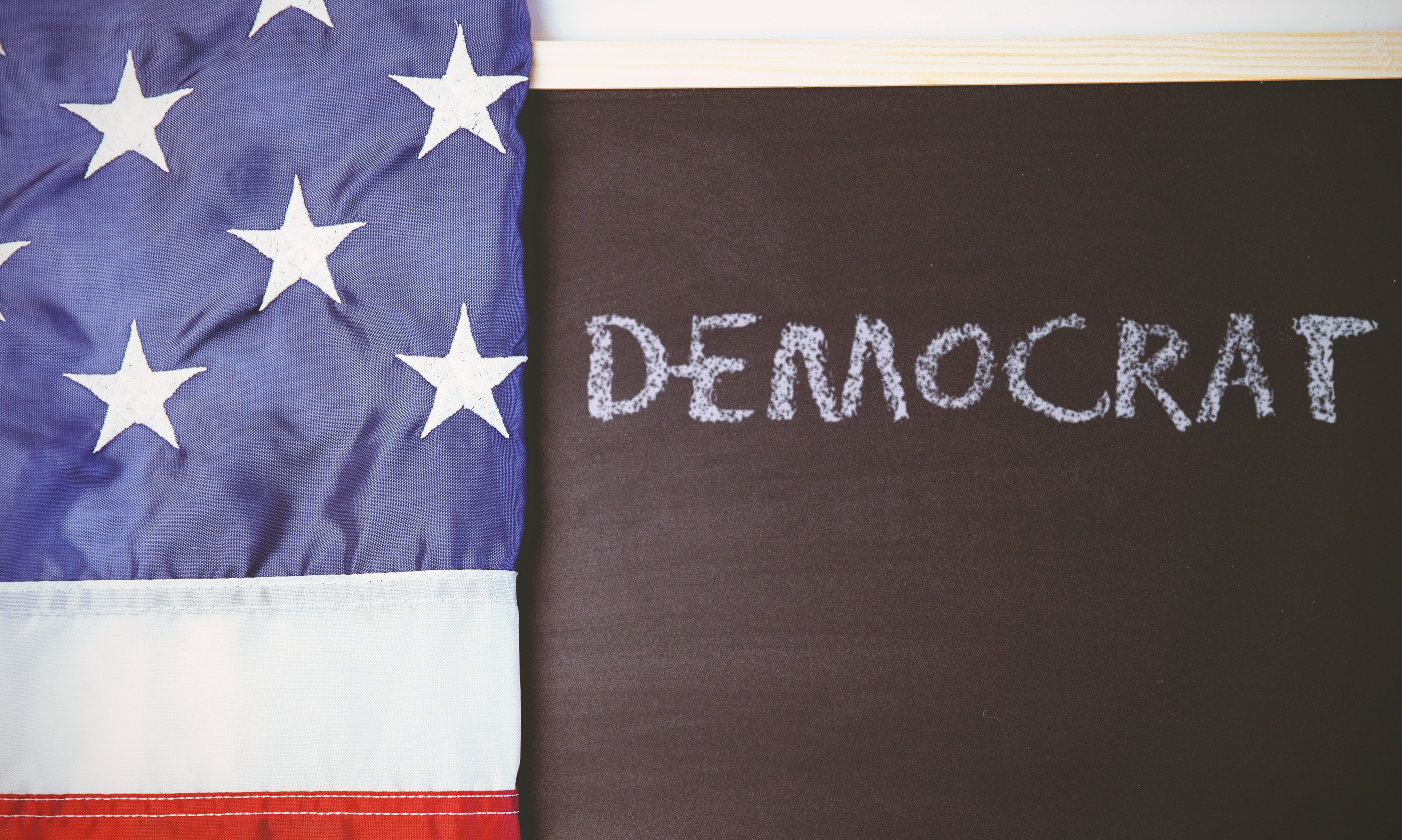By Beth Clayton
Last week, I sat in on part of the Mike Hubbard criminal trial and listened to witnesses gush about what a great friend they consider Hubbard, how they love him “like a brother,” and how would do anything for him. This theme is, no doubt, part of the defense’s strategy to utilize the “friends” loophole in the state ethics laws that have brought Hubbard before a jury of his peers on 23 felony counts.
As Minda Riley gave her ooey gooey Hallmark moment of personal privilege, I came close to giving a rendition of Tom Hanks in A League of Their Own, standing up and yelling exasperatedly, “Friends? There are no friends in politics!”
Anybody who has been in this business knows that you can “love someone like a brother” one day and spend the next week trying to retrieve the knife they put in your back. Trust me, it hurts when it happens–I can think of numerous people I thought were “on my team” only to find out they were perfectly willing to throw me under a bus if the right one came along.
So when I hear people in this business say they’ve been friends for 20 years, I can’t help but raise an eyebrow.
Now don’t get me wrong–there are plenty of colleagues whose company I enjoy. And there are a few people who I trust. But are these the people who will spend the night in the floor of a hospital waiting room to keep me company while a loved one is dying? Those are friends–and they’re one in a million.
Most of the questions defense attorney Bill Baxley asked–and most of the answers Riley and Company gave–centered around their insistence they they didn’t do anything for Mike because he was the Speaker. Their investments in his business, help with his job search, coordination, and collaboration was because they were friends, not because he was the Speaker.
But the real question is this: Is Mike the Speaker because he’s your friend?
The picture is clearly painted in the emails between Hubbard and Riley: Hubbard was nothing if not a loyal lapdog for the Riley Machine. Of course they kept him close and used their influence to move him up through the political hierarchy as long as he was willing to do their bidding. They had a common interest: gaining power.
Then Hubbard started to outgrow Riley’s lap–he started to want some favors in return and to capitalize on the years of loyalty that grew into what he saw as a “friendship.” He wanted to start making the big money and play in the same park as the big dogs.
Riley and Canary–and many others who have been named in the indictments–are lobbyists. They needed Hubbard to stay in the Speaker’s seat so that he could push their bills to the top of the stack and keep their clients happy. They had a common interest: making money. And right now, they have a more immediate common interest: getting Hubbard out of trouble so he can return to the dais and continue to make them money.
That’s because Mike Hubbard doesn’t have friends–he has people who share an interest in the goings on of Goat Hill. And sure, maybe they don’t mind each others company.
If you don’t believe me, answer this question: How many of these lobbyists or principals are people who knew Hubbard from before he became involved politically? How many were friends from college or buddies from when the kids played T-ball together? How many of them went to church with Mike or knew Susan before she was Susan Hubbard?
Those people? They would be what the rest of the world calls “friends.” Mike Hubbard doesn’t have friends. He has people who share common interests.
If Mike Hubbard is convicted, I will personally send him a love letter every week that the Rileys stay as close to the Hubbard family as they’ve bragged about on the witness stand, or if Billy Canary keeps up his weekly meetings with Hubbard at the state prison.
Because there are no friends in politics, and that might be the best thing for the people of Alabama who all share a common interest: good, honest government.
Beth Clayton is a political consultant and regular contributor to the Voice of Alabama Politics. Find her on Twitter @seclayton5.

